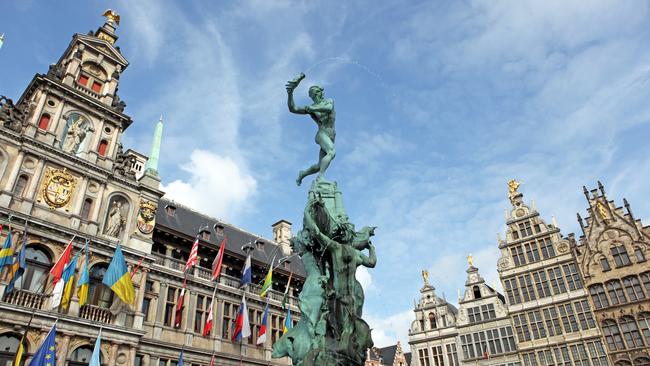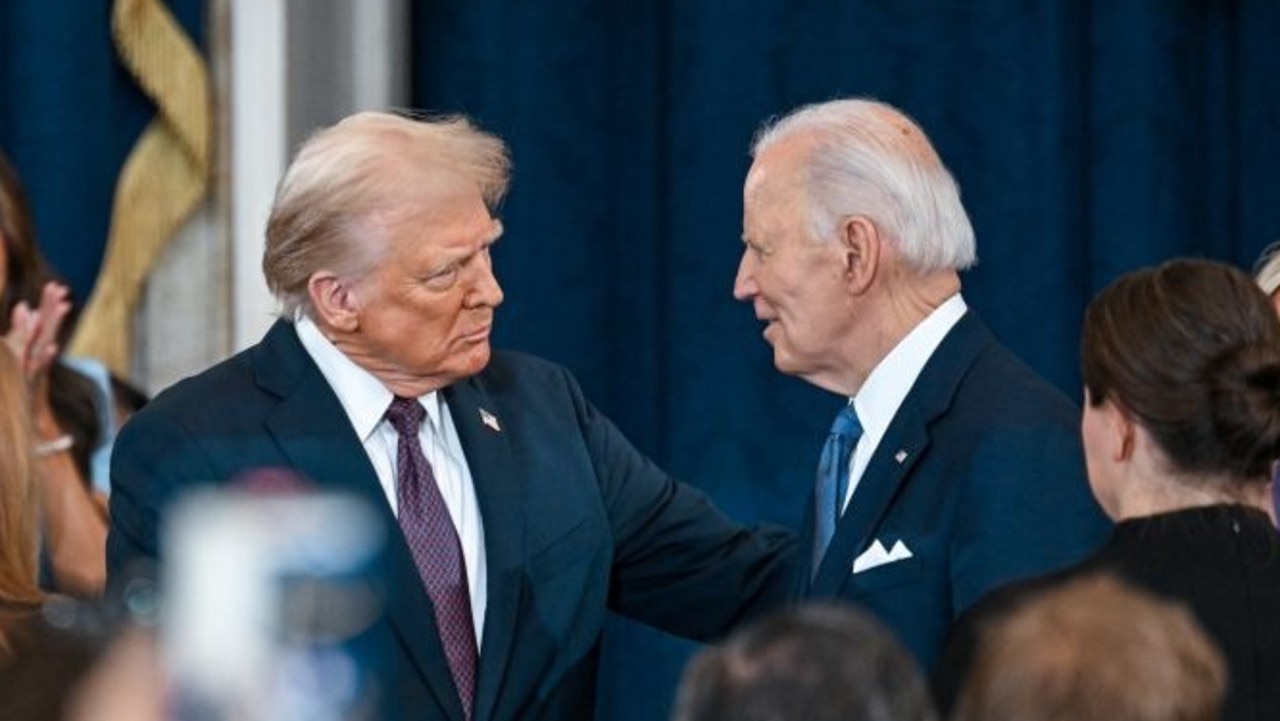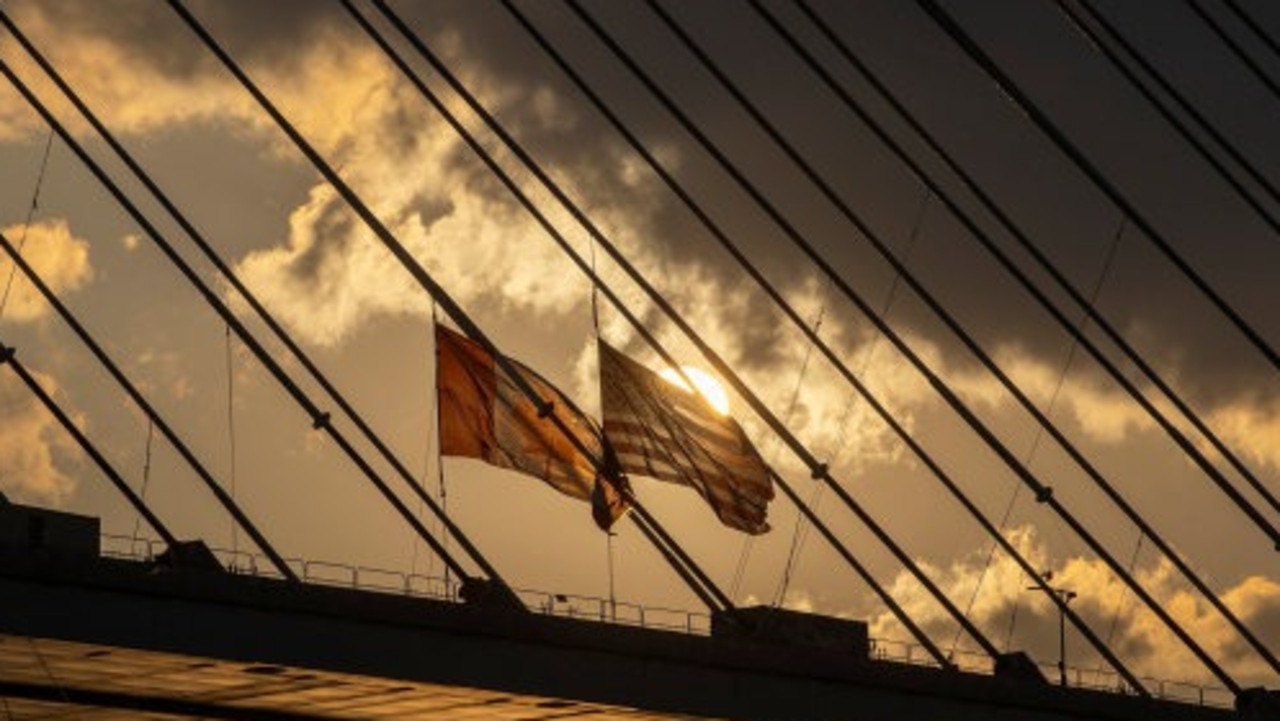Inside Europe’s cocaine gateway: ‘a repeat of Miami in the 1980s’
Cocaine crime has unleashed a gusher of cash that officials say is swamping Belgium’s Antwerp with corruption, violence and economic distortion.

For centuries, goods flowing through the giant port here have enriched the elegant Belgian city of Antwerp, known for its diamonds, art and fashion.
Now a different import from across the Atlantic — cocaine — has unleashed a gusher of cash that officials say is swamping Antwerp with corruption, violence and economic distortion.
Authorities have seized 88 tonnes of cocaine stashed in containers from Latin America this year, nearly 10 times the figure in 2014. It is far more than any other European port, as traffickers flood the continent with so much cocaine that it may now be a bigger market than the US, according to the US Drug Enforcement Administration.
The resulting injection of cash has warped the city’s economy and strained society. Police, customs officers and a hospital worker have been arrested for feeding information to cocaine-trafficking networks via encrypted apps. Reputed traffickers rent supercars for hundreds of euros a day and recruit youths with the allure of quick cash and flashy lifestyles. Legitimate companies struggle to compete with criminals’ front businesses that can tolerate large losses.
“It’s a drug economy,” said Kevin Daniels, the DEA’s deputy chief in Europe. “It’s a repeat of Miami in the 1980s.”
Antwerp and nearby Rotterdam in the Netherlands, Europe’s two largest ports, are now the main gateway for cocaine into the continent, according to a joint report by the United Nations Office on Drugs and Crime and Europol, the European Union’s police agency. Officials seized less than 10 tonnes in Antwerp in 2014, the September report said.
Gangs able to bring the cocaine ashore through their connections at the ports, many of Moroccan or Albanian heritage, have risen in power in recent years. The cocaine that police seized this year had a wholesale value in the low billions of euros, and likely many times more got through undetected, officials said.
The inflow has triggered a spate of gang violence. Restaurants and homes have been hit by grenades and rifle fire. The message of such attacks can be a warning to rival gangs, pressure on a port official to aid a gang, or a sneaky method to undermine rivals by alerting police that the owners of a cafe may be linked to the drug trade.
The cash tsunami is distorting Antwerp’s economy, officials say, jacking up prices for real estate and existing businesses.
“Bad money drives out good money,” said Antwerp Mayor Bart De Wever. “They will chase out honest people.” Some companies are used to launder money, from restaurants to luxury car dealers. Far more widespread and pernicious are companies that undermine and disrupt the legal economy, said Yve Driesen, director of the Federal Judicial Police in Antwerp.
Drug traffickers buy restaurants or shops to give the impression that their fortunes derive from legal commerce. Front companies also use legal activities to hide their illegal drugs-related work. For example, a transport company that extracts cocaine from shipping containers could also carry out legal transport on behalf of multinationals.
“They will win contracts because their prices are lower than competitors, ” said Mr. Driesen.
Other companies have popped up to service the criminals. Resellers of encrypted phones depend on drug gangs who are the only ones able to afford contracts that can cost thousands of dollars a year, officials say. Companies rent out luxury cars for the equivalent of $US1000 a day and more.
“They can only exist and flourish thanks to the cash of local drugs criminals,” said Mr. Driesen.
To sneak their drugs through the port, traffickers are paying port workers multiples of their monthly salaries to move containers for surreptitious unloading, bribing customs officers to help them evade inspections, and prosecutors and police, including senior officers, to avoid the law, officials say.
“Every layer of society is infected,” said Mr. De Wever, the mayor. The effects are easy enough to miss if you’re not paying attention, he said, especially for those living in the wealthier south of the city.
The money is pouring into poorer areas with large immigrant populations in the north of the city, where many of the criminals hail from. Criminal gangs give money to causes, such as youth soccer teams, to burnish their reputations, officials say.
Mobsters can then rely on teenagers to watch for license plates of cops or swarm police to hamper drug arrests. Drawn into the criminal environment, they can move up the food chain and earn thousands of euros by acting as couriers for small bags of cocaine for gang members riding in luxury cars and wearing expensive suits.
“That’s not a positive role model,” said Mr Driesen.
Authorities are trying to fight back, pooling resources and information among police, prosecutors, customs and other services. Law enforcement and city hall are using various powers to close down eateries with links to money from cocaine. Associations of port companies and dock workers launched an awareness campaign and a hotline for anonymously reporting suspicious behaviour
Earlier this year, police infiltrated an encrypted messenger system, downloading around one billion messages that led to hundreds of arrests and spurred many further investigations, dealing a blow to the gangs here. But officials acknowledge they are fighting a relentless enemy.
“In a few months, there are other people who will take their place, but the experience helps us develop new strategies,” said Franky De Keyzer, Antwerp’s chief prosecutor “It’s always a bit of a cat-and-mouse game.”
The Wall Street Journal


